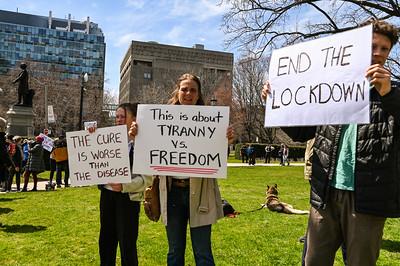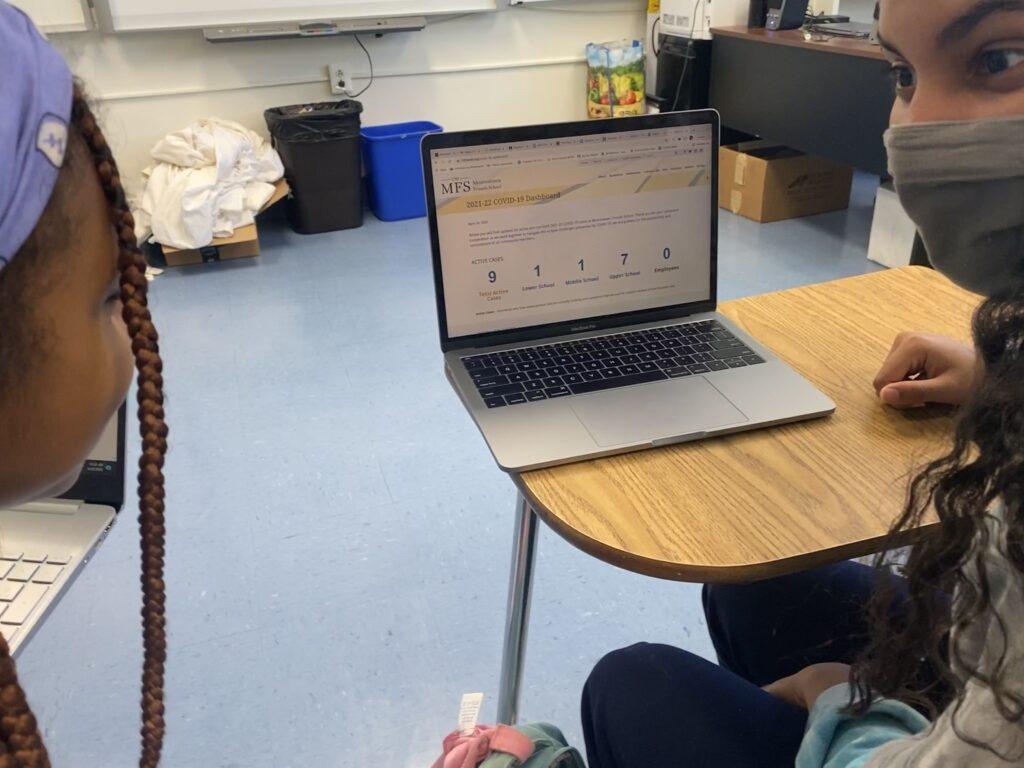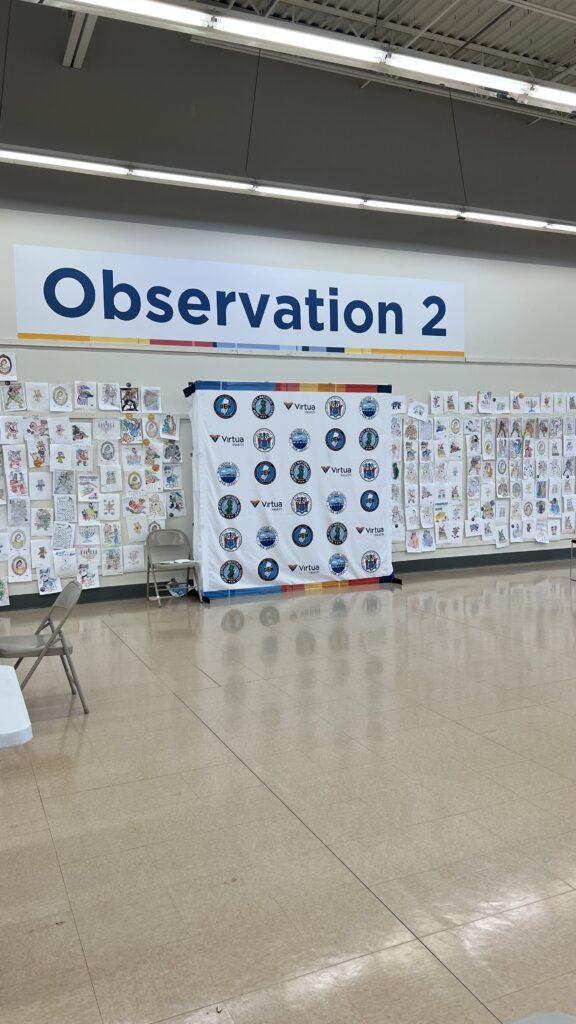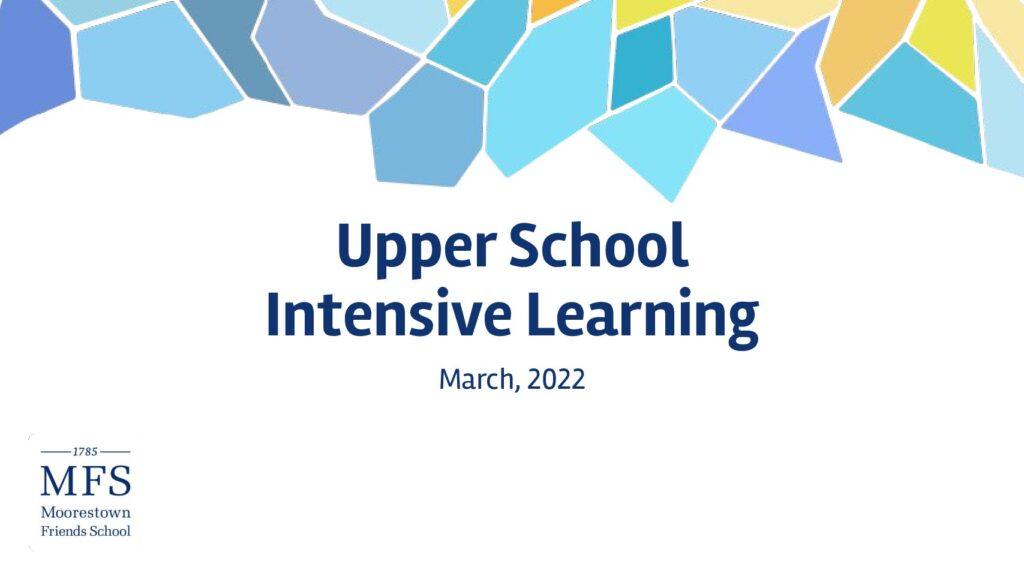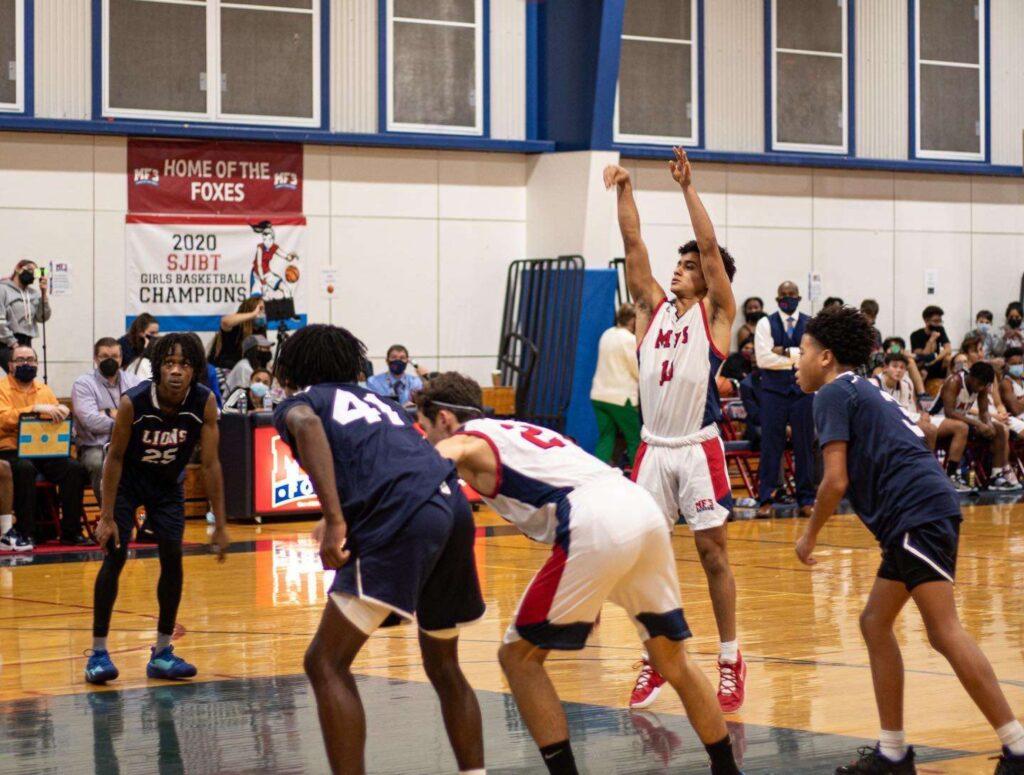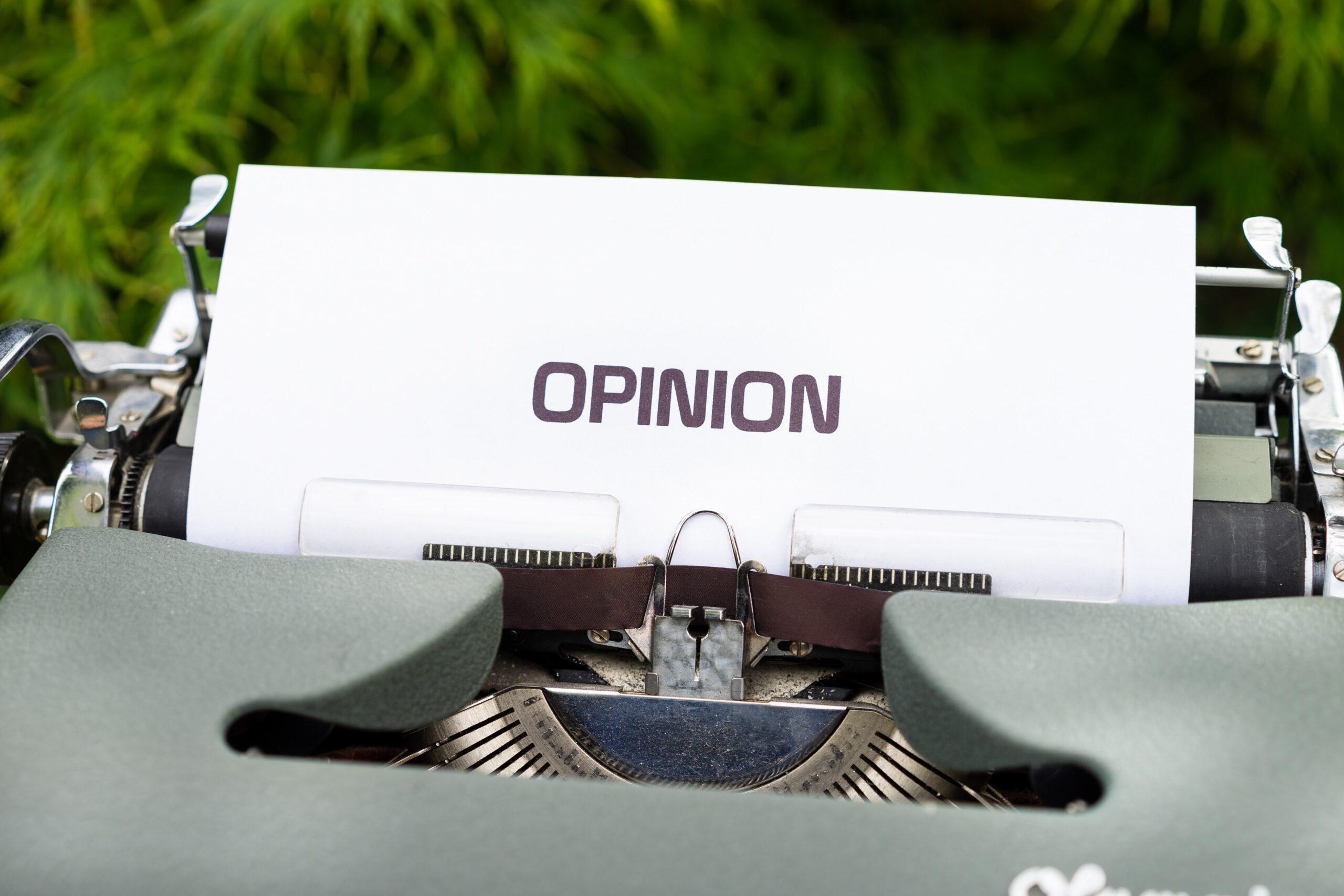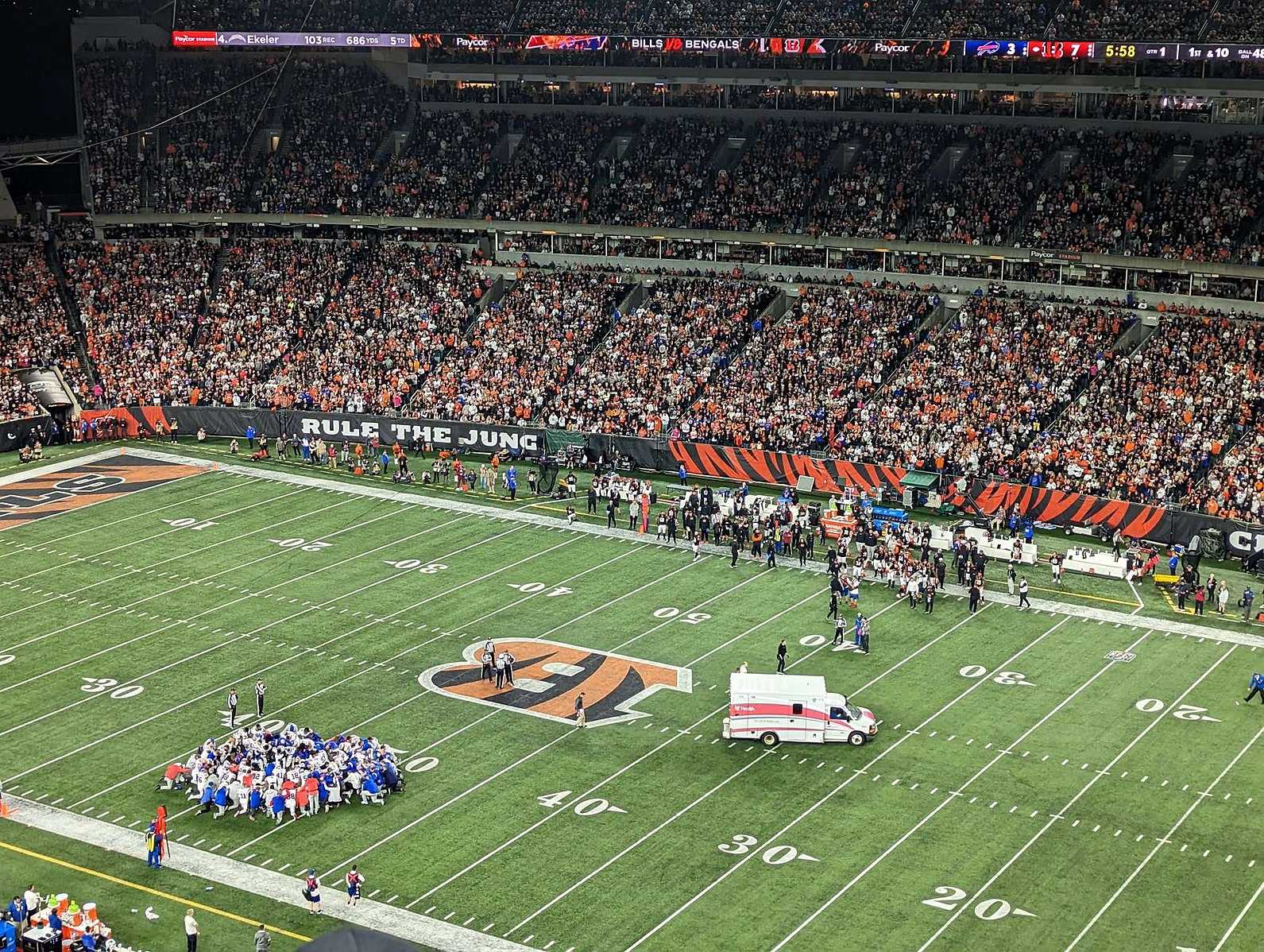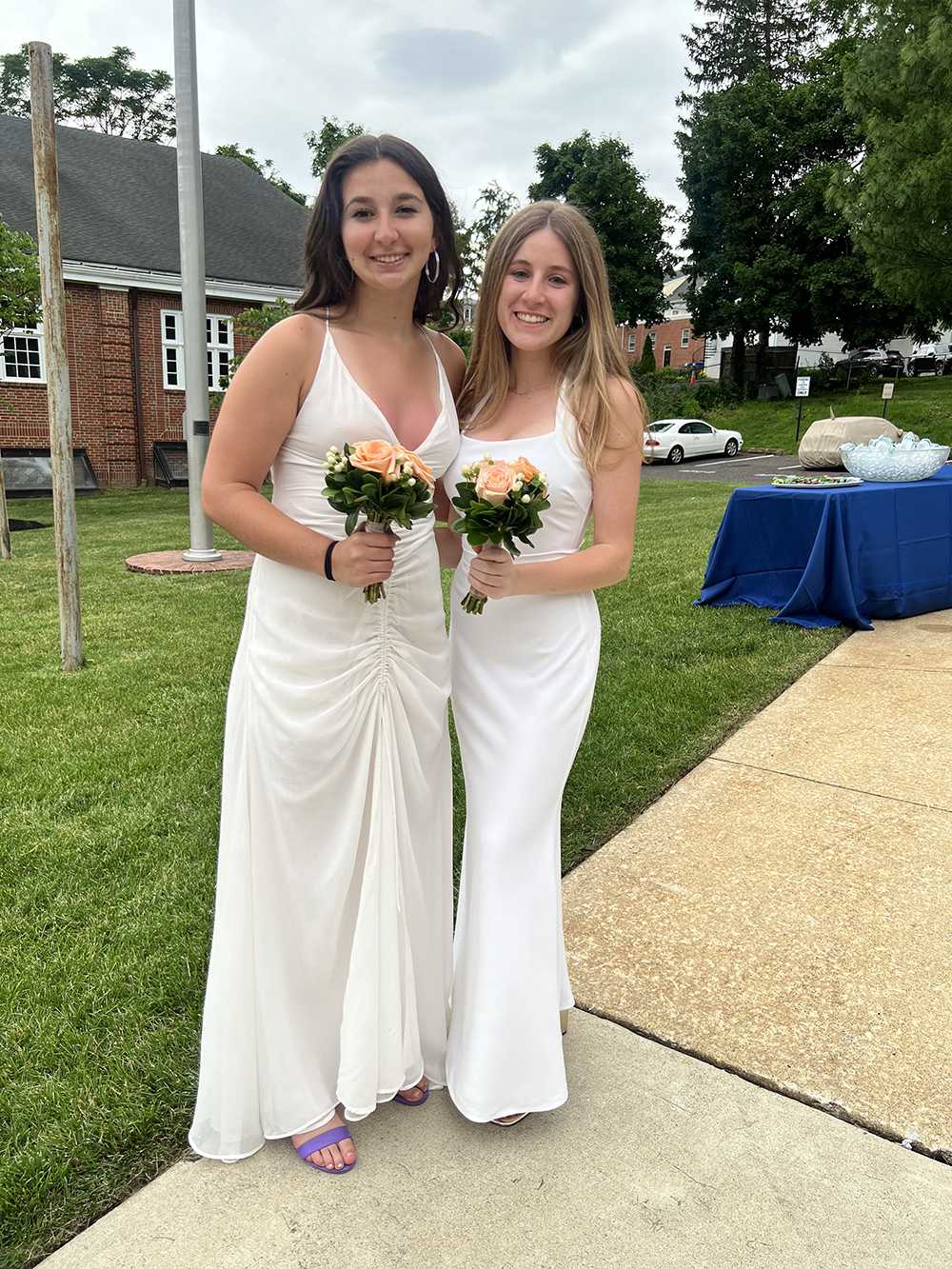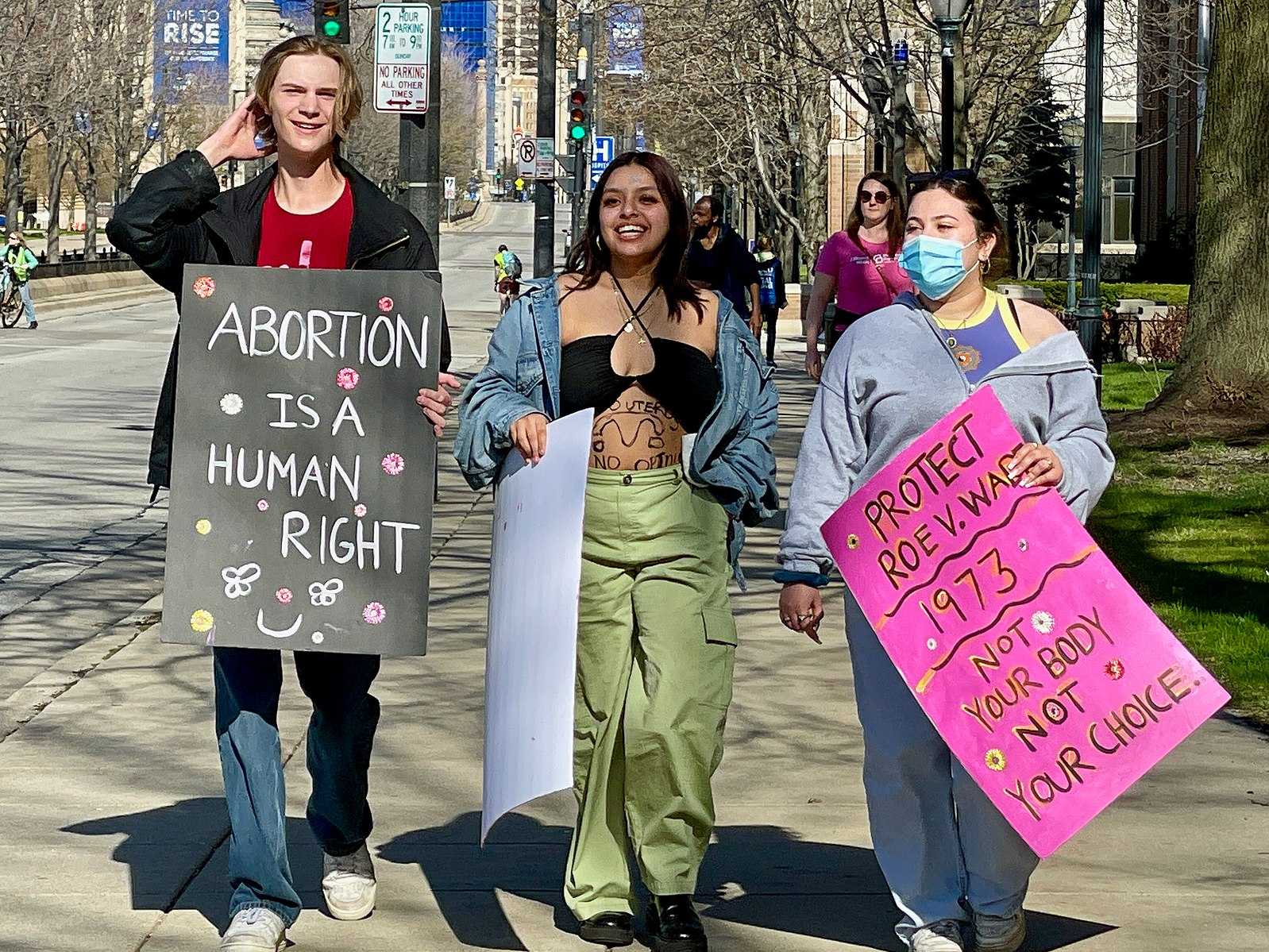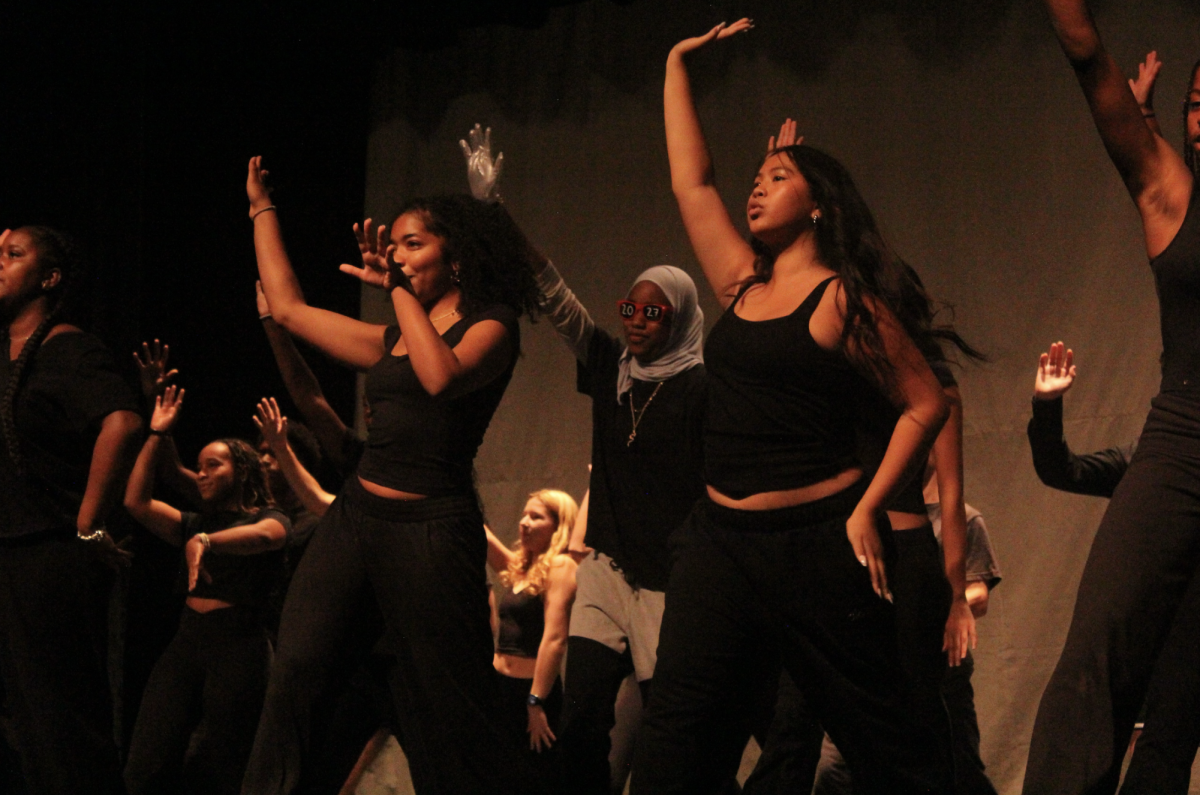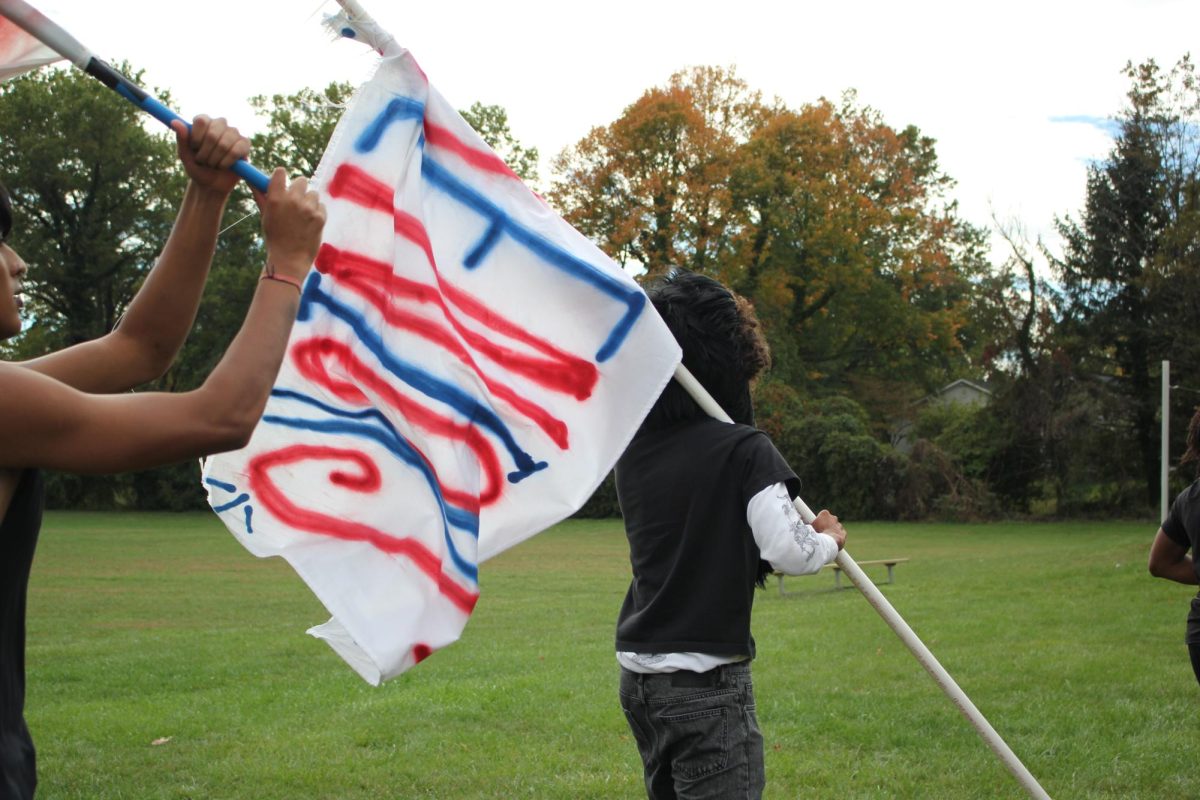
For three years, the COVID-19 pandemic has swept the globe causing millions of deaths worldwide. On December 11, 2020, the first official COVID-19 vaccine was authorized, signifying a hopeful end to the devastating pandemic. Currently, over a year after its first authorization, there have been countless vaccines and booster shots administered throughout the world, but there are yet to be any signs of an end to the pandemic.
A great issue throughout the pandemic has been the public participation in receiving the vaccine. Currently, about 65% of Americans are fully vaccinated, and this number continues to rise; however, the greatest issue regarding the vaccine has been those who remain unvaccinated due to personal opinions, allergies, or beliefs. For all people, vaccination has been scientifically proven to slow the progression and spread of COVID-19, despite many differing personal beliefs and reasons for being unvaccinated.
With recent spikes in COVID cases, a brief shutdown during the 2021-2022 season of Moorestown Friends School basketball by the Burlington County Health Department, and the lifting of the mask mandate, there have been many concerns over another possible shutdown. Even on the national level, opinions on the COVID-19 vaccination have been a significant issue among professional athletes and influencers. While there are a multitude of reasons for being unvaccinated, many influencers have reasoned that the vaccine is more about allergies and choice. NFL receiver Cole Beasley and UFC fighter Conor McGregor were both publicly against mandated vaccinations. McGregor stated he wasn’t against vaccines, rather he was in favor of freedom of choice. In a similar sense, Beasley stated that he had no opinion on pro or anti-vax but was more focused on the aspect of being pro-choice.
On the other hand, other influencers are unvaccinated due to personal reasons. A notable recent issue of vaccination centered around popular tennis star Novak Djokovic. On January 16, Djokovic was deported from Australia and disqualified from the Australian Open due to his unvaccinated status. Djokovic, just like many others, was against a mandated vaccination in order to travel. It should be obvious that COVID-19 remains a prominent issue in the world, and vaccinations are important not only for world health but also for a heightened sense of normalcy. If a greater amount of the population was vaccinated, major and minor shutdowns could be greatly reduced, deaths would be reduced, and worldwide issues such as vaccine conflicts and deportations due to lack of vaccination would end.
Scientifically, just like every other vaccine, the COVID-19 vaccine trains the immune system to create proteins to resist disease. Specifically, the COVID-19 vaccine helps the immune system detect and recognize the bacteria that causes COVID-19 SARS-CoV-2. Studies around the world have all proven the effectiveness of the vaccine. Many doctors and scientists have also discussed the positives of the vaccine, stating that 0.1 percent of nine million participants experienced unfavorable effects.
Additionally, with the lifting of the New Jersey mask mandate by governor Phil Murphy, controversies remain with schools regarding COVID safety, especially with people and vaccinations. With mask use on the downtrend, many people should be vaccinated beyond the 73.5% of people in New Jersey. While it’s a positive for the world attempting to restore normalcy, it’s important to consider that in order to return to a normal world, more people need to get vaccinated. It cannot be ignored that COVID-19 has had the fifth-greatest deaths of all epidemics, resting at roughly 5.8-23 million. While it might be believed we are on the verge of putting it in the past, more vaccinations are needed. They are the most important factor in the prevention and eventual end of COVID-19. We as an Editorial Board fully support vaccination against COVID-19 and strongly believe in its ability to prevent the transmission and contraction of the virus.
Wordsworth’s Editorial Board cannot stress enough the importance of vaccines and their scientifically proven success at preventing the spread of the disease. Our beliefs are in line with the Quaker values of integrity and community. We want to acknowledge the vaccines and that it’s people’s responsibility to take action against the long-lasting COVID-19 pandemic with consideration of the greater good of the world, and the national and local impact of vaccines.

